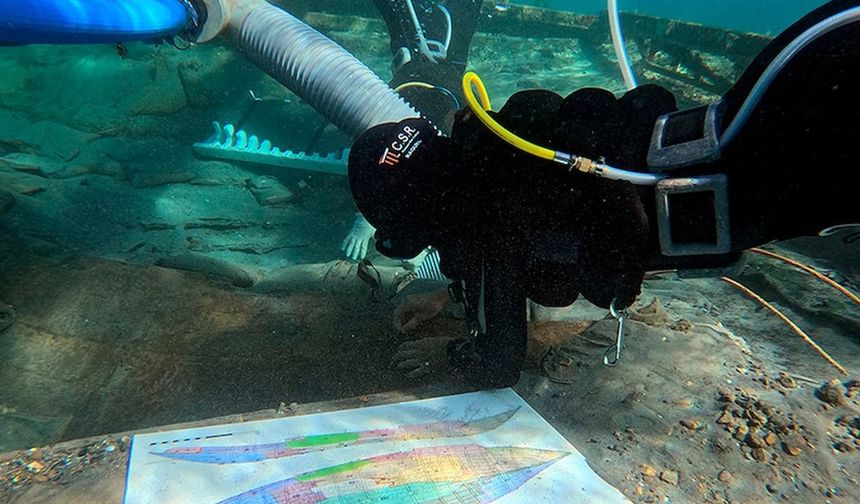The BRP Teresa Magbanua was forced to return to port from Sabina Shoal due to challenging weather conditions, limited supplies, and the need for medical evacuation of crew members, according to Coast Guard spokesperson Jay Tarriela. Once resupplied and repaired, the vessel will be fully prepared to continue its mission, as stated by Executive Secretary Lucas Bersamin, head of the maritime council.
Sabina Shoal has become a focal point in the ongoing maritime dispute between China and the Philippines. China has demanded the withdrawal of Philippine vessels from the area, asserting territorial claims over the majority of the South China Sea.
Beijing has emphasized its commitment to law enforcement in the region through its Coast Guard, which continues to patrol and safeguard what it considers its jurisdiction.
Recent reports from the Philippines show Coast Guard personnel being evacuated from the ship, some due to dehydration after extended deployments. The maritime tension recalls the 2012 standoff at Scarborough Shoal, where Philippine vessels withdrew, allowing China to maintain control of the area.
Filipino Presence in South China Sea
Philippine Coast Guard (PCG) spokesperson Jay Tarriela clarified that despite the withdrawal of the BRP Teresa Magbanua from Sabina Shoal, the Philippines will continue to assert its presence in the disputed waters, rejecting China's demands for a pullout.
The vessel’s return was due to necessary repairs and to address the crew's medical needs, not a response to China's pressure.
Sabina Shoal, known as Xianbin Reef in China and Escoda Shoal in the Philippines, is located west of Palawan within the Philippines' exclusive economic zone. China, however, claims more than 80% of the South China Sea, including this area. In 2016, the Hague Arbitration Court ruled against China's claims, a decision that Beijing refuses to recognize, continuing its aggressive activities in the region.

